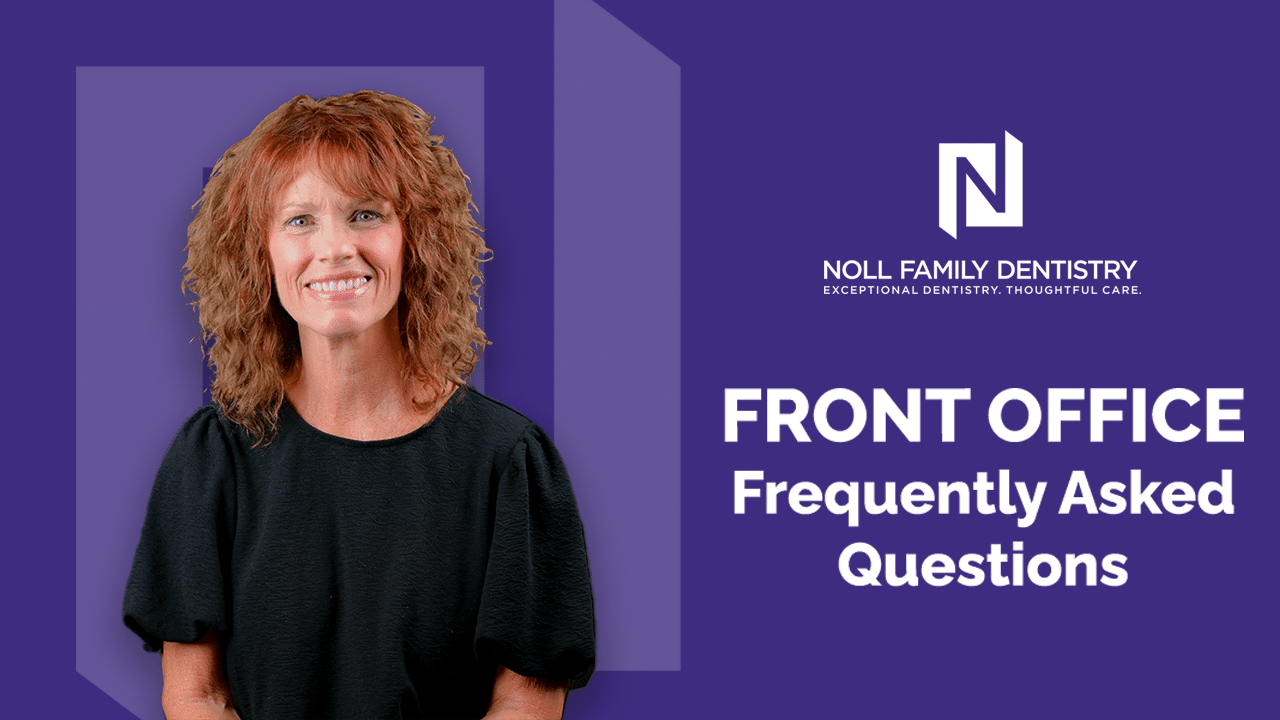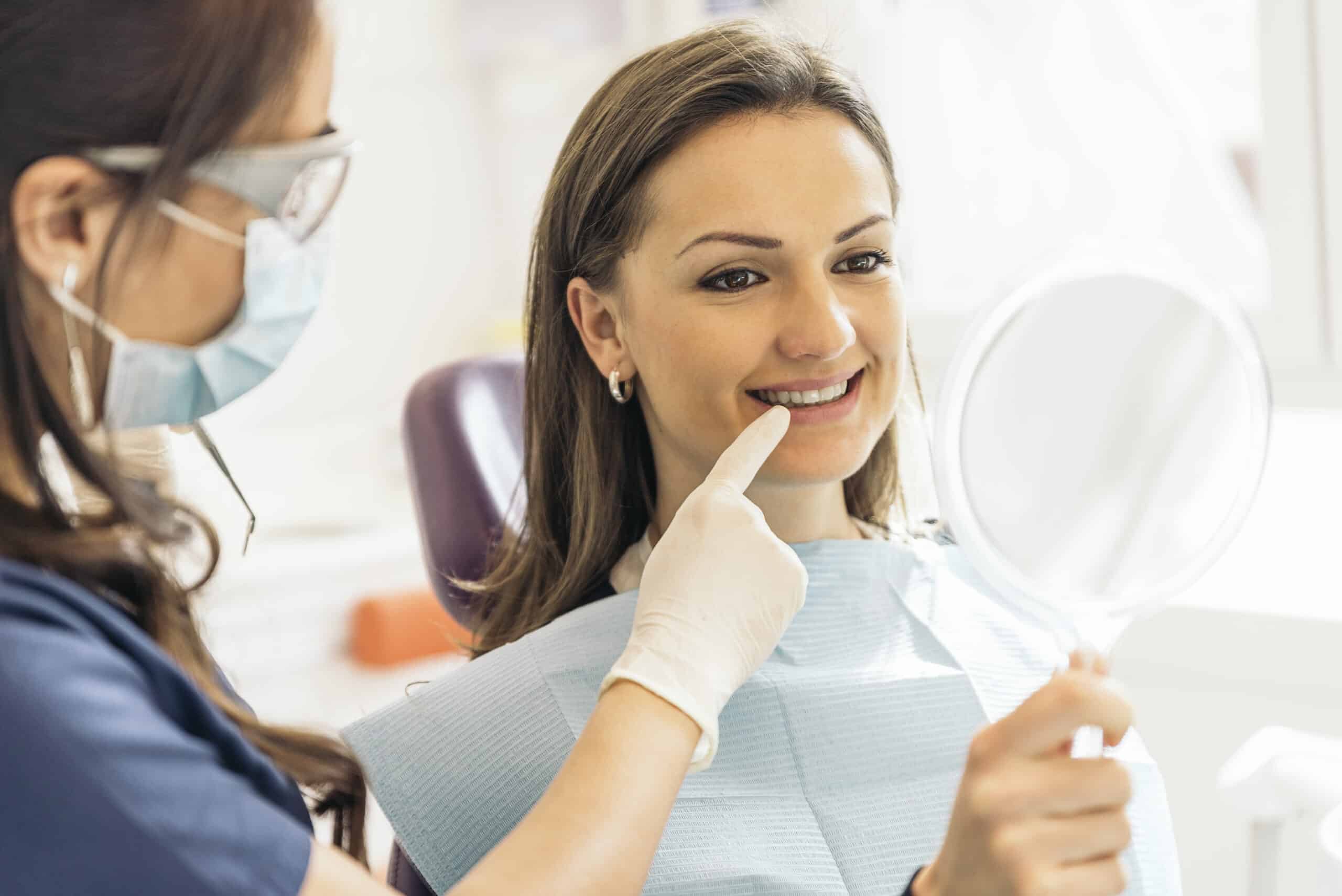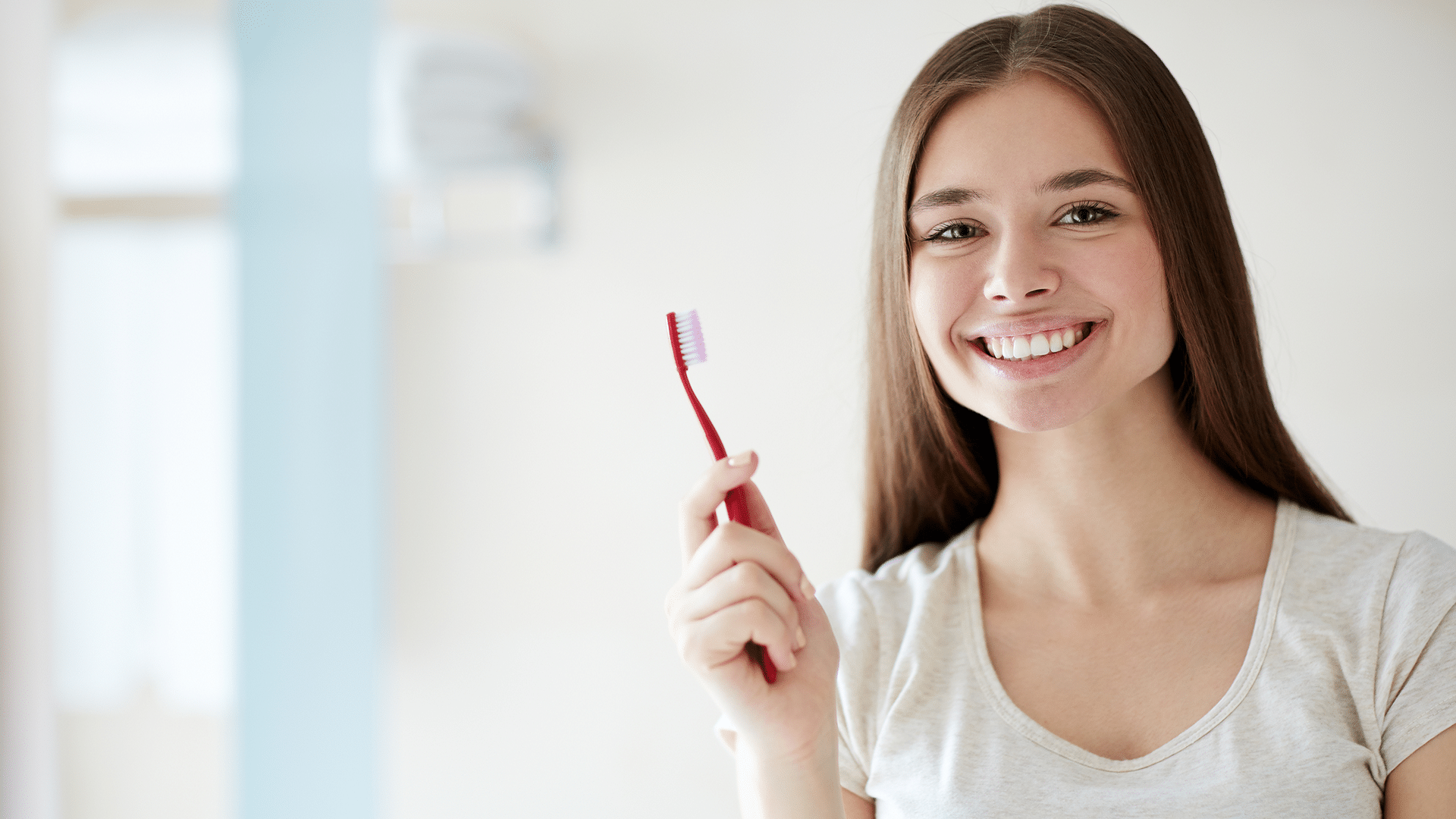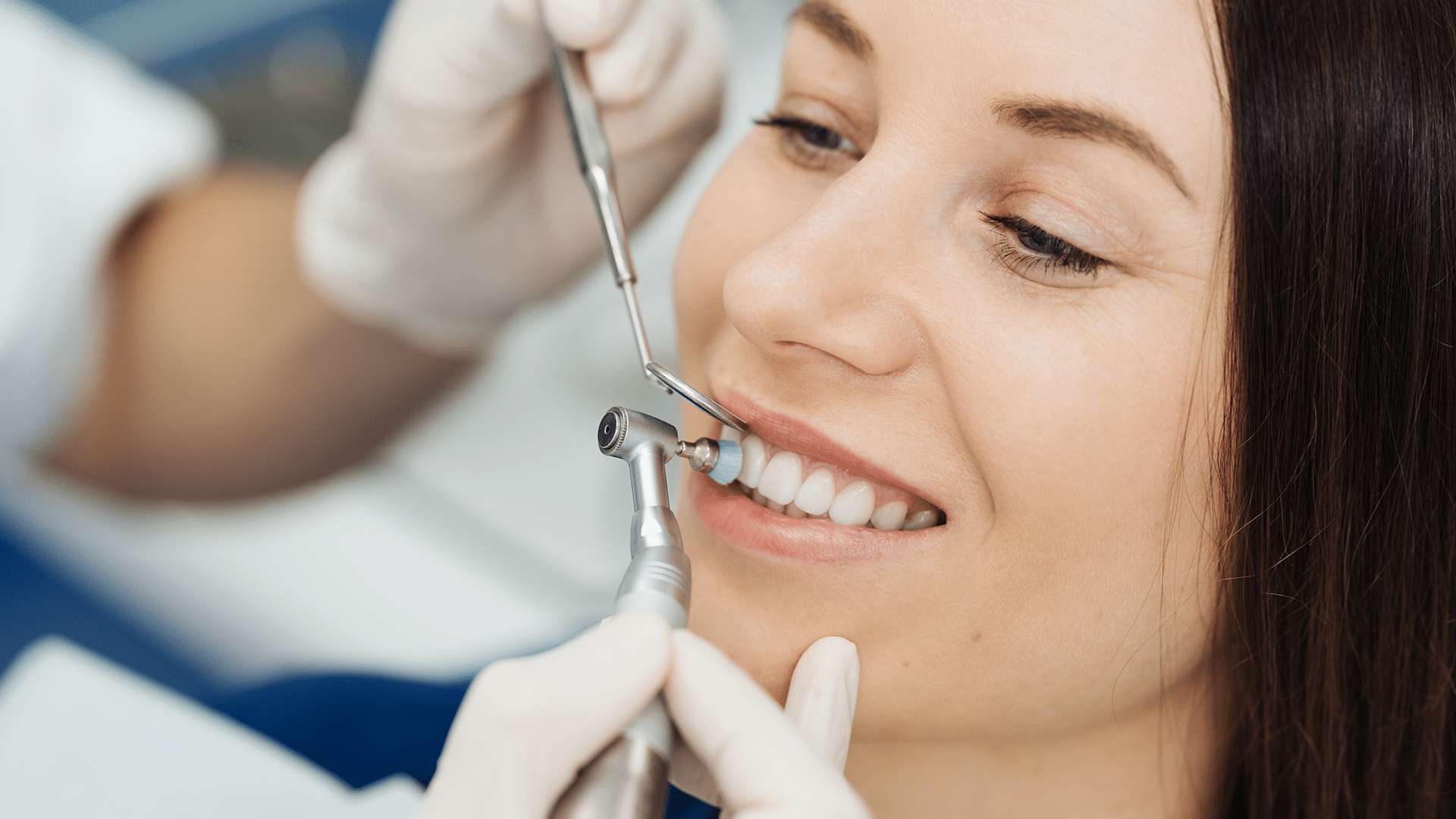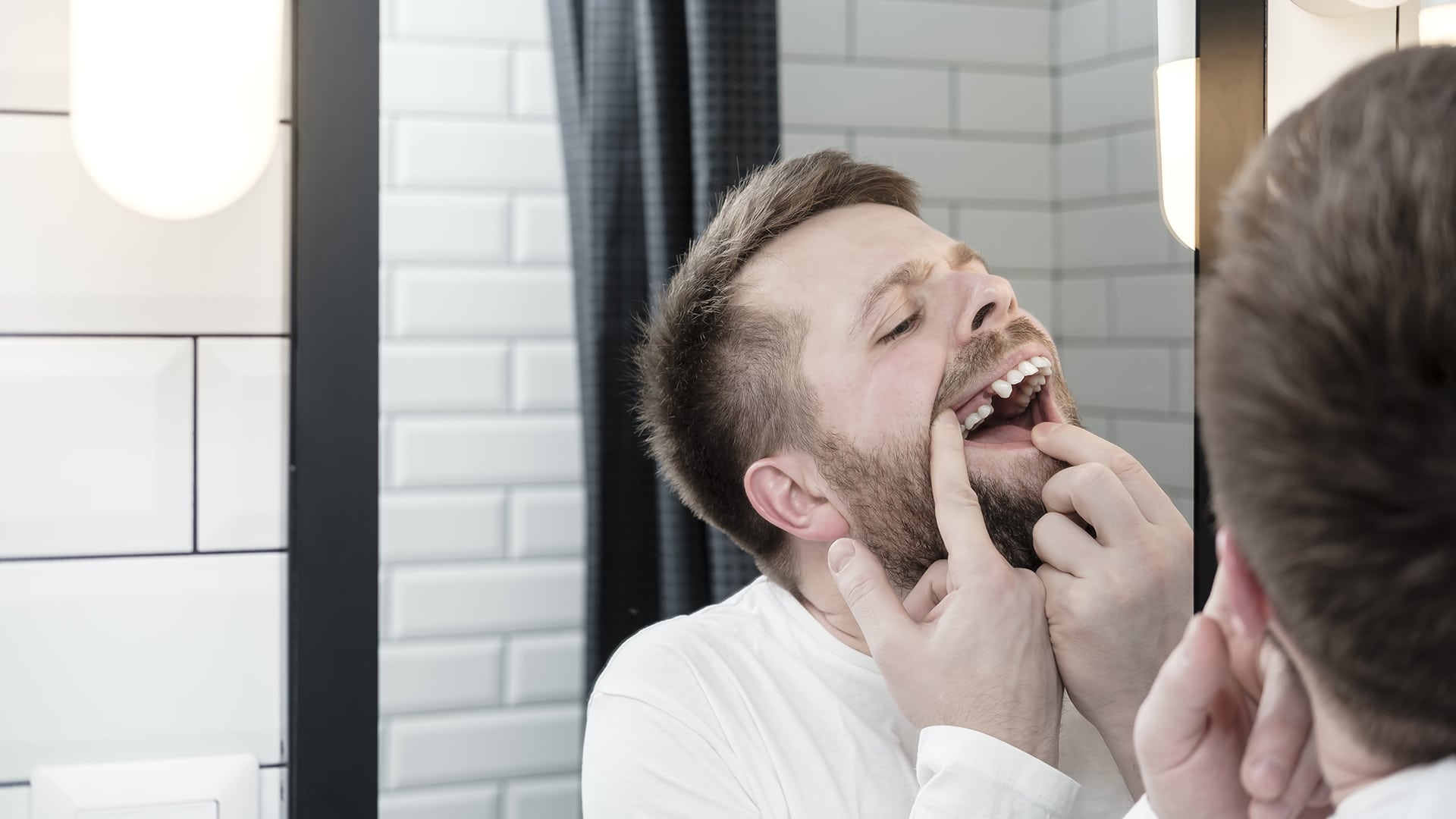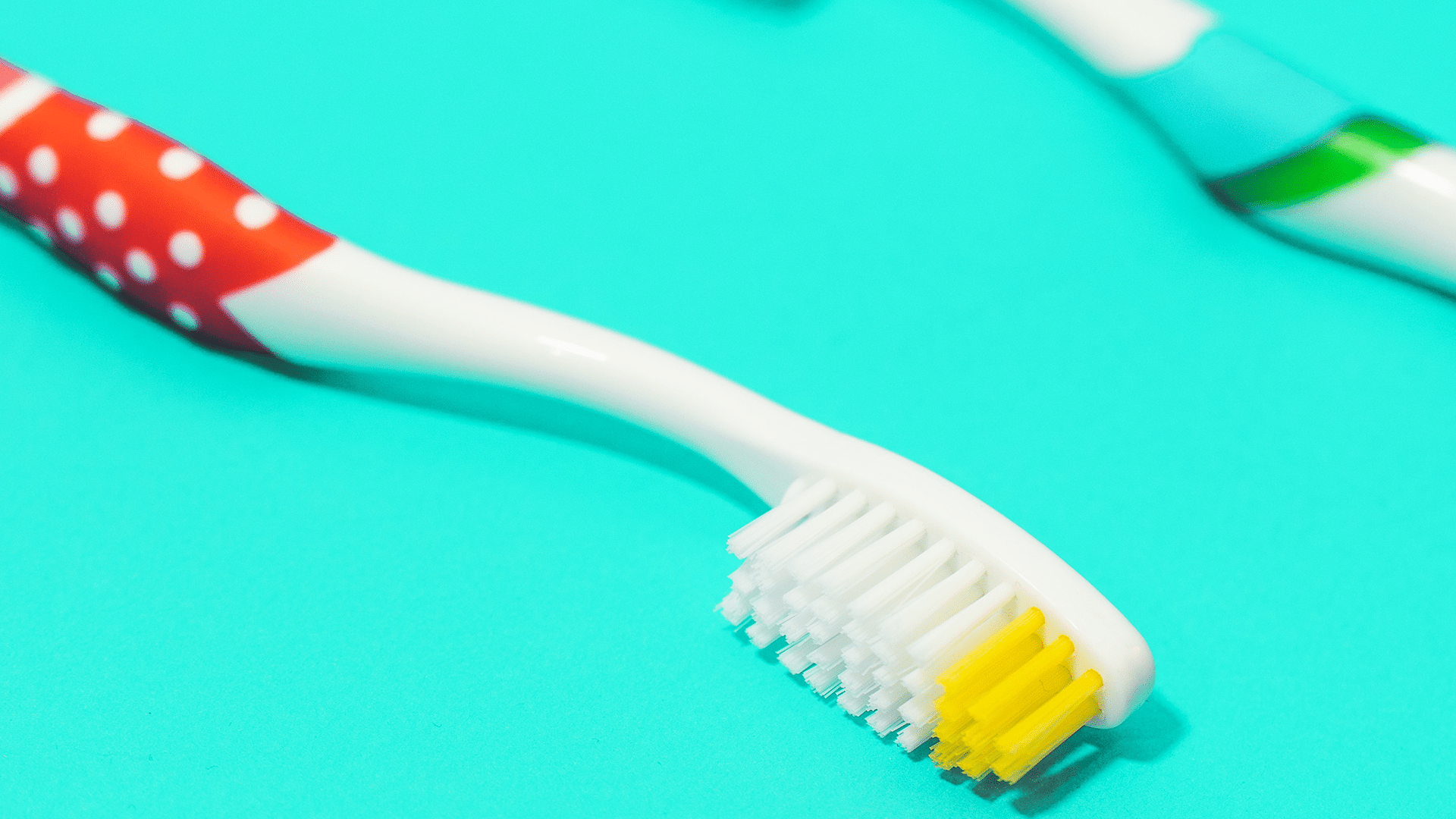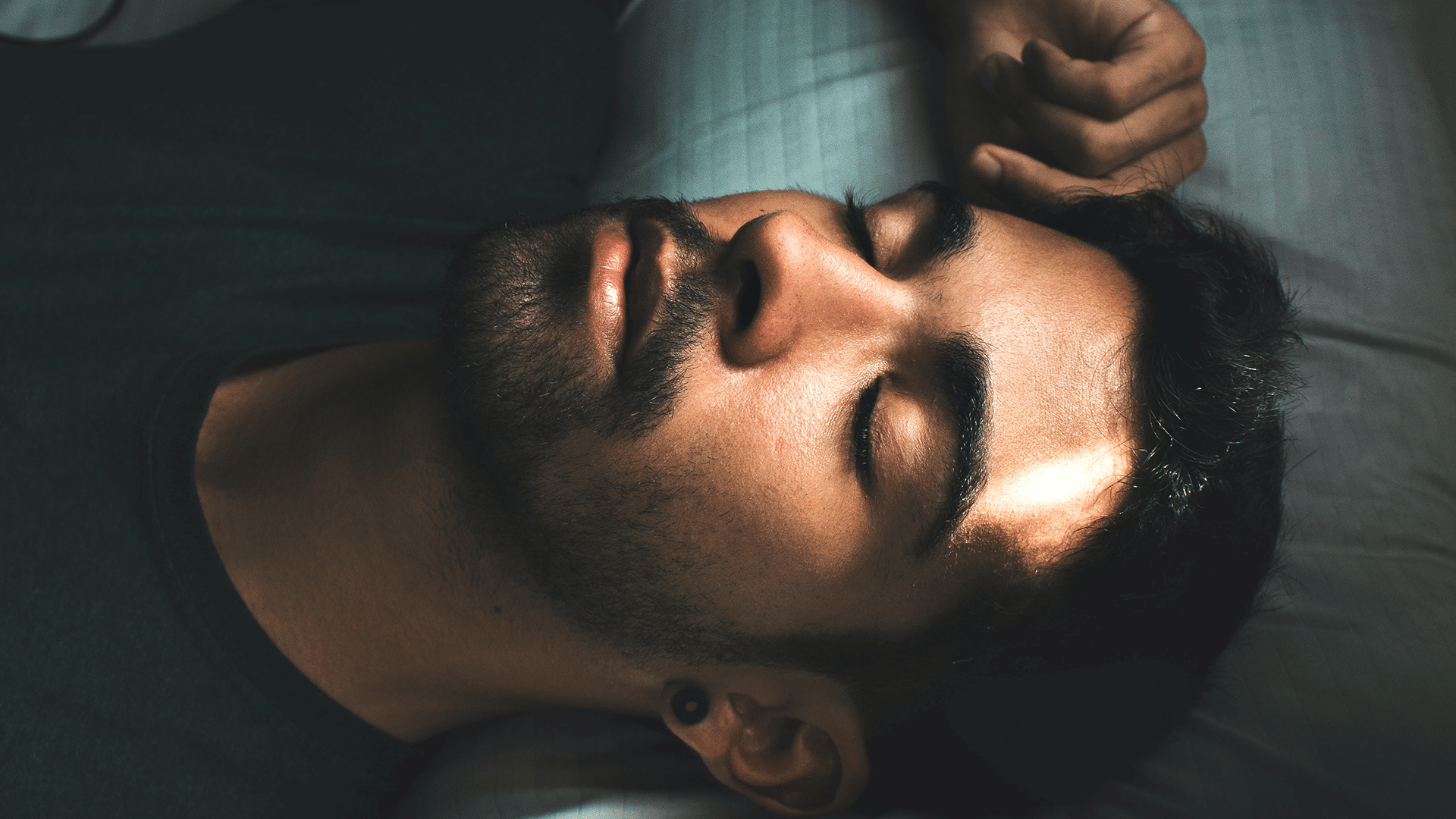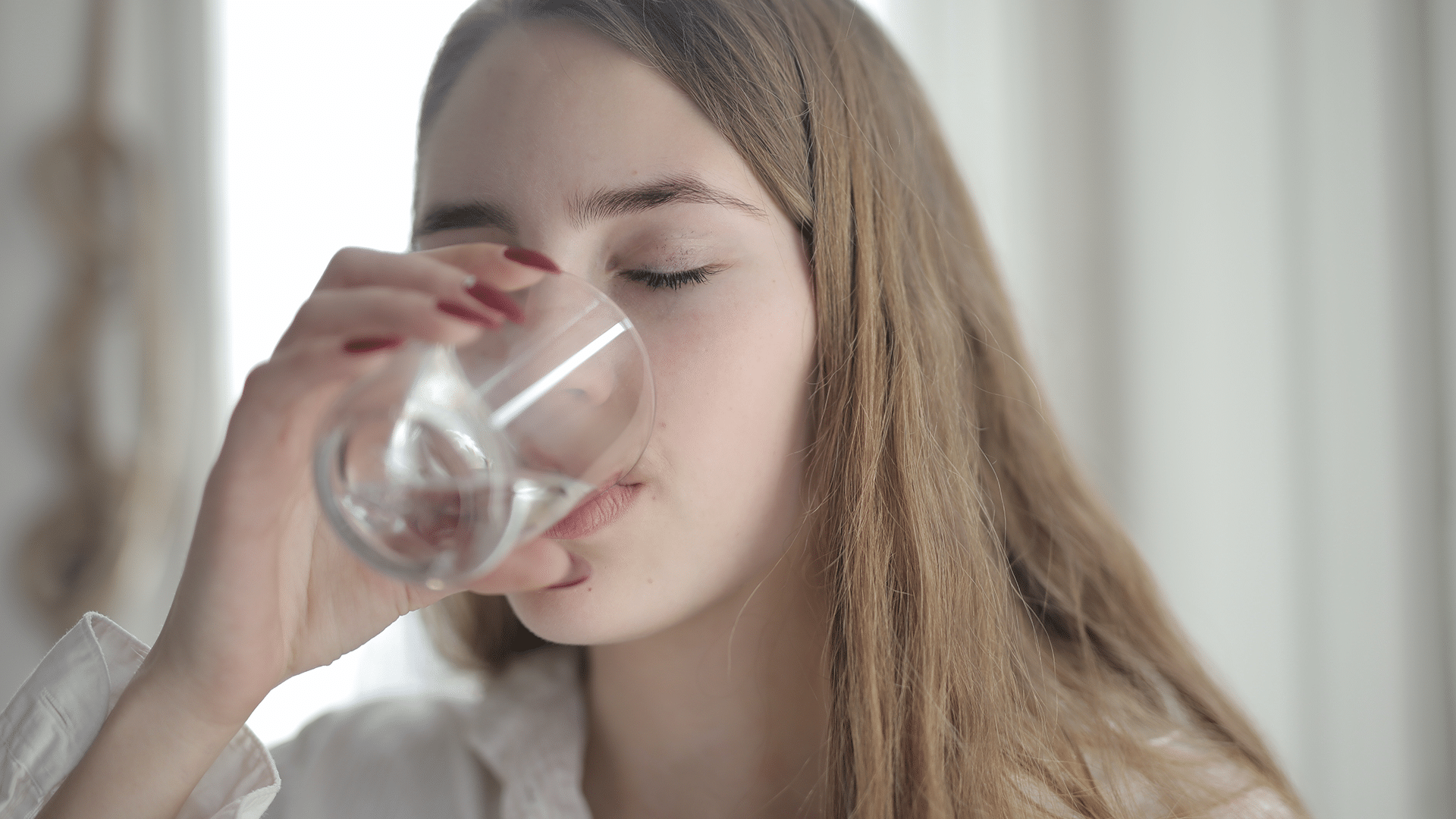Mouthguards are an essential piece of safety equipment for kids engaged in contact sports such as football, hockey, and lacrosse. Not only do they protect the teeth from trauma, but also the lips, tongue, face, and jaw. Without a proper mouthguard, kids could suffer serious dental injuries including broken or knocked-out teeth that require expensive treatment.
Mouthguards also provide cushioning to reduce the risk of concussions and other traumatic brain injuries. They absorb shock that would otherwise be transmitted to the teeth or head when a player is hit with a ball, puck, stick or other hard objects. By providing this extra layer of protection, mouthguards can prevent serious long-term issues that may arise from concussion-related injuries.
Kids should also wear a mouthguard to protect them from the bacteria and viruses in the mouths of other players. A properly fitted mouthguard creates a barrier between the teeth, gums, and lips, which helps reduce the risk of infection or disease transmission during contact sports.
Finally, wearing a mouthguard can help reduce the time a child spends recovering after an injury. If a kid has been wearing one, they will likely recover faster than those who haven’t because the shock-absorbing properties of the guard will have minimized damage to their mouth and jaw.
Given all the benefits, it is clear that kids should wear a mouthguard whenever they are participating in contact sports. Not only will it help keep their teeth safe, but it can also protect them from bacterial and viral infections as well as reduce the amount of time needed to recover after an injury. This extra step can save kids a lot of pain and expense in the long run.
Contact Noll Family Dentistry to get a custom mouthguard for your child.


